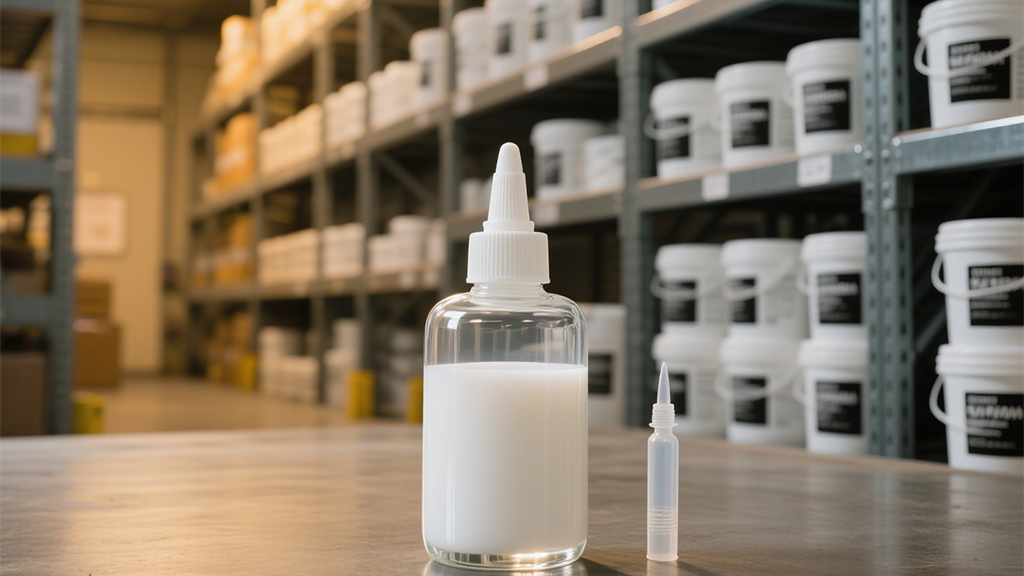Waterbased acrylic PSA for automotive refers to water-based acrylic pressure sensitive adhesives formulated for automotive applications, providing reliable bonding, durability, and resistance to automotive-specific conditions (temperature extremes, chemicals, vibration) across interior, exterior, and under-the-hood components. These adhesives are used in applications such as attaching interior trim (dashboards, door panels), bonding exterior emblems and badges, securing wire harnesses, and mounting underbody shields. Key performance requirements include broad temperature resistance (-40°C to 150°C), ensuring adhesion in cold winters and hot engine compartments; formulations achieve this with a balance of flexible monomers (2-ethylhexyl acrylate) for low-temperature flexibility and rigid monomers (methyl methacrylate) for high-temperature stability, plus crosslinkers to enhance cohesion. Chemical resistance is critical, as adhesives must withstand exposure to fuels, oils, cleaning agents, and road salts; this is achieved by incorporating chemical-resistant monomers and crosslinking to create a robust polymer network. Vibration resistance (high shear strength) prevents components from loosening during vehicle operation, achieved with high-molecular-weight polymers and optimized crosslinking. Adhesion to automotive substrates (plastic, metal, painted surfaces) is tailored: polar monomers improve bonding to painted metals, while tackifiers enhance adhesion to low-surface-energy plastics (PP, PE). Low VOC content complies with automotive industry environmental standards, reducing emissions during manufacturing and vehicle use. UV resistance prevents degradation and yellowing in exterior applications, using UV stabilizers to maintain performance in sunlight. These adhesives are compatible with automated application processes (roll coating, die-cutting), offering consistent viscosity for precise, high-speed assembly. Their water-based formulation improves worker safety (reduced solvent exposure) and simplifies cleanup, making them a preferred choice for sustainable automotive manufacturing while meeting the stringent performance demands of the industry.
